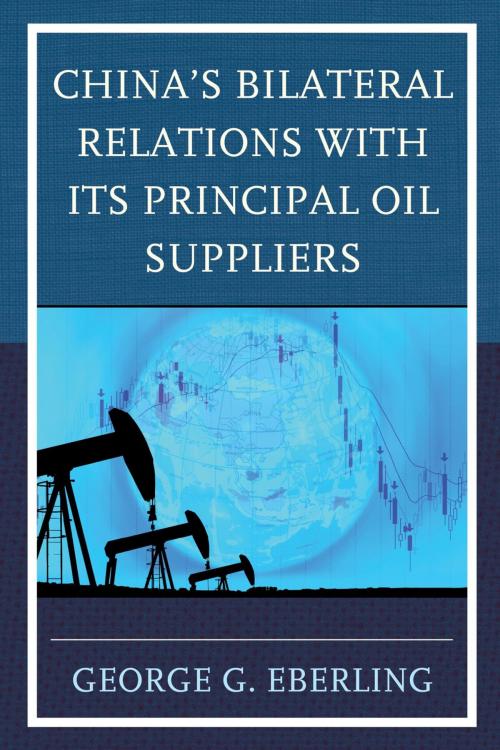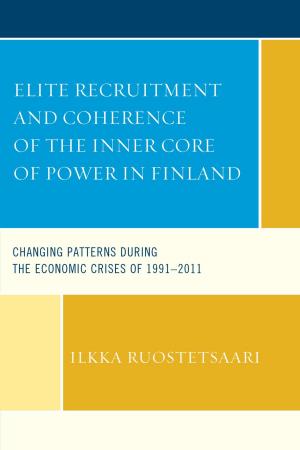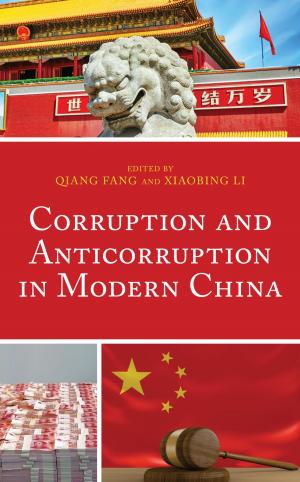China's Bilateral Relations with Its Principal Oil Suppliers
Nonfiction, Social & Cultural Studies, Political Science, International, International Relations| Author: | George G. Eberling | ISBN: | 9781498553339 |
| Publisher: | Lexington Books | Publication: | October 23, 2017 |
| Imprint: | Lexington Books | Language: | English |
| Author: | George G. Eberling |
| ISBN: | 9781498553339 |
| Publisher: | Lexington Books |
| Publication: | October 23, 2017 |
| Imprint: | Lexington Books |
| Language: | English |
This book examines China’s bilateral relations with its established suppliers of crude petroleum and on occasion, petroleum gas products including liquefied natural gas (LNG) based on a five- dimensional framework: political-diplomatic relations, economic-trade relations, military- security relations, cultural relations, and petroleum-energy relations. A five-dimensional approach is comprehensive in nature and offers a complete understanding of China’s complex relationships rather than looking solely on more typical perspectives like bilateral trade, security relationships, or energy ties. More often than not, social science literature focuses on one or more aspects of China’s bilateral relations, which does not provide a complete picture of the complex nature of its interstate ties. This book endeavors to bridge this gap and look more substantially at China’s bilateral relationships with energy-petroleum relations being the key aspect linking each one of them. The specific bilateral relationships examined are China’s relations with Angola, Brazil, Republic of the Congo, Iran, Iraq, Kazakhstan, Kuwait, Oman, Russia, Saudi Arabia, South Sudan, Sudan, United Arab Emirates, and Venezuela. These countries matter because their crude petroleum and petroleum gas product exports account for over 50 percent of China’s annual oil consumption.
This book examines China’s bilateral relations with its established suppliers of crude petroleum and on occasion, petroleum gas products including liquefied natural gas (LNG) based on a five- dimensional framework: political-diplomatic relations, economic-trade relations, military- security relations, cultural relations, and petroleum-energy relations. A five-dimensional approach is comprehensive in nature and offers a complete understanding of China’s complex relationships rather than looking solely on more typical perspectives like bilateral trade, security relationships, or energy ties. More often than not, social science literature focuses on one or more aspects of China’s bilateral relations, which does not provide a complete picture of the complex nature of its interstate ties. This book endeavors to bridge this gap and look more substantially at China’s bilateral relationships with energy-petroleum relations being the key aspect linking each one of them. The specific bilateral relationships examined are China’s relations with Angola, Brazil, Republic of the Congo, Iran, Iraq, Kazakhstan, Kuwait, Oman, Russia, Saudi Arabia, South Sudan, Sudan, United Arab Emirates, and Venezuela. These countries matter because their crude petroleum and petroleum gas product exports account for over 50 percent of China’s annual oil consumption.















